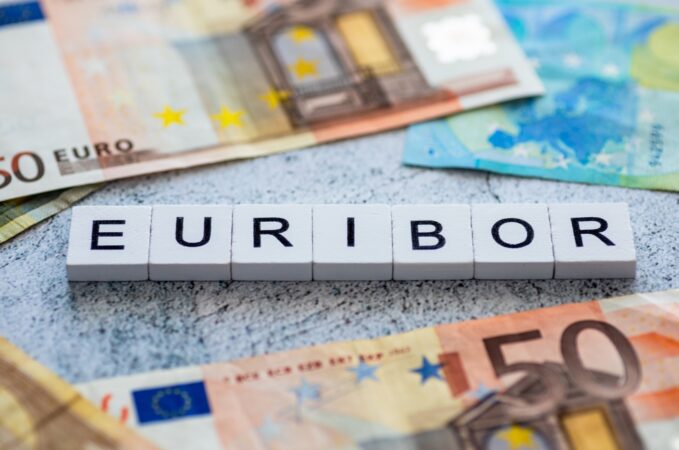Today's Euribor price fell to three, six and 12 months compared to Friday.
With today's changes, the three-month EUR interest rate, which fell to 3.886%, remains higher than the six-month interest rate (3.855%) and the 12-month interest rate (3.658%).
The six-month Euribor rate, which has become the most widely used in Portugal for housing loans with variable interest rates and which was above 4% between September 14 and December 1, fell today to 3.855%, 0.019 points lower than on Friday, after advancing on Friday. October 18 to 4.143%, a new high since November 2008.
According to data from the Bank of Portugal (BdP) for January, six-month Eurobor represents 36.4% of the loan stock for permanent home ownership with variable interest rates. The same data indicate that the 12- and three-month Euribor represents 35.7% and 24.4%, respectively.
In 12 months, the Euribor rate, which was above 4% between June 16 and November 29, today also fell to 3.658%, 0.024 points lower than the previous session, against the maximum since November 2008 of 4.228%, recorded in 12 months. . September 29.
In the same vein, the three-month Euribor rate fell, being set at 3.886%, minus 0.017 points, after rising on October 19 to 4.002%, the new maximum since November 2008.
The average Euribor rate in February fell back to three months, but rose at longer maturities.
The average Euribor in February fell 0.002 points to 3.923% for three months (compared to 3.925% in January), but rose 0.009 points to 3.901% for six months (compared to 3.892%) and 0.062 points to 3.671% for 12 months. (compared to 3.609%).
At its last monetary policy meeting, on March 7, the ECB maintained its benchmark interest rates for the fourth consecutive meeting, after 10 increases since July 21, 2022.
The ECB's next monetary policy meeting is scheduled to be held on April 11 in Frankfurt.
The Eurobor began to rise further from 4 February 2022, after the European Central Bank admitted that it could raise key interest rates due to increasing inflation in the eurozone, and this trend was strengthened with the start of Russia's invasion of Ukraine in February. 24, 2022.
Three-, six- and 12-month Euribor rates hit all-time lows, respectively, of -0.605% on 14 December 2021, and -0.554% and -0.518% on 20 December 2021.
The Euribor rate is determined by the average rates at which a group of 19 eurozone banks are willing to lend money to each other in the interbank market.

“Wannabe internet buff. Future teen idol. Hardcore zombie guru. Gamer. Avid creator. Entrepreneur. Bacon ninja.”

